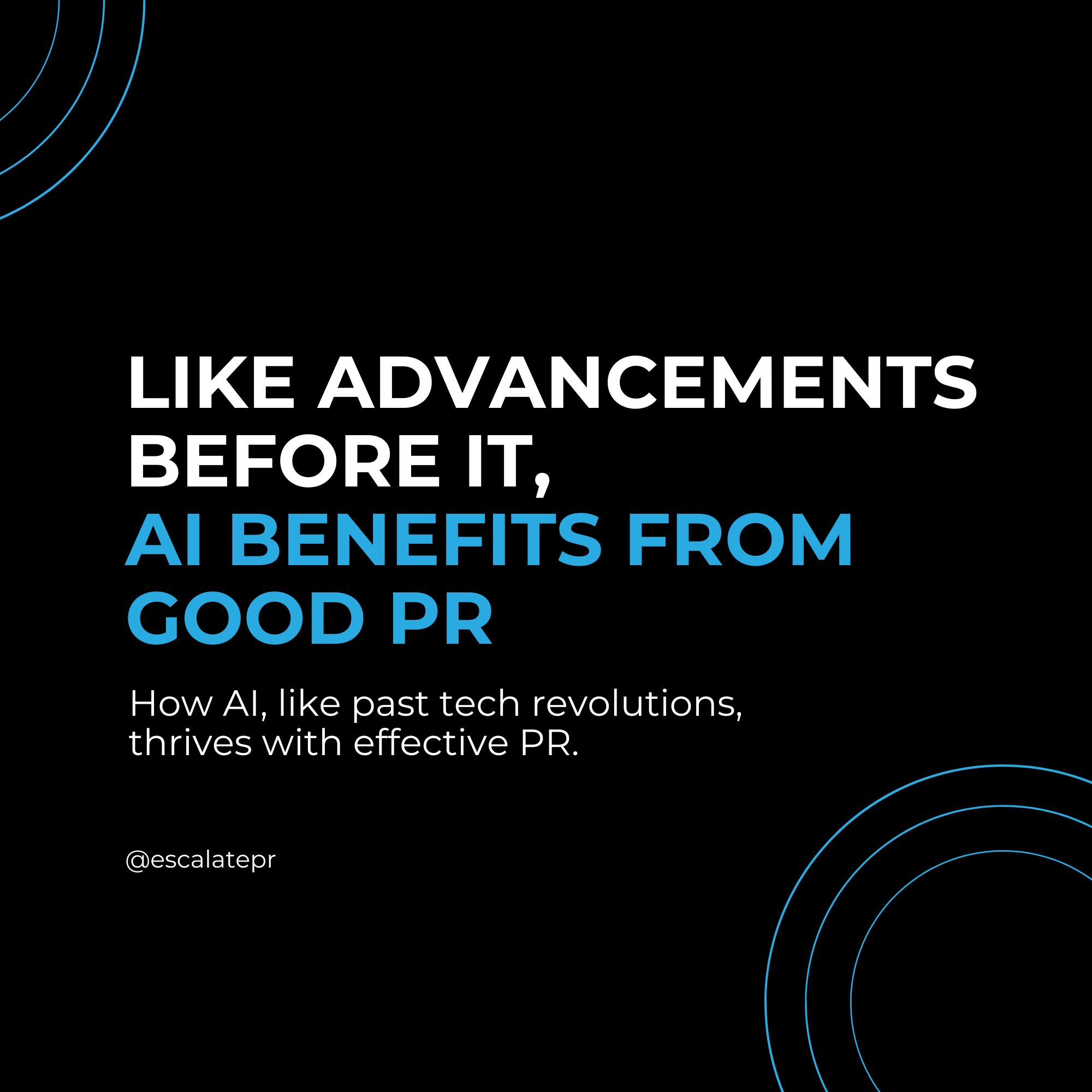
Twenty-five years ago, as the millennium approached, Michael Lewis’s The New New Thing captured the zeitgeist of Silicon Valley. It was a golden age for technology where stories of the industry’s most consequential leaders were as present in the pages of industry trade magazines as their audacious HQs were from car dashboards driving along US 101 and I-280 between San Jose and San Francisco.
Lewis skillfully captured this period of history through his account of Jim Clark, a serial entrepreneur whose achievements included the founding of companies like Silicon Graphics, Netscape, and Healtheon/WebMD. Beyond Clark’s boardroom prowess, were his research accomplishments in computer graphics leading to the development of systems for faster rendering of three-dimensional computer images.
Twenty-five years after The New New Thing held a mirror up to our insatiable appetite for “the latest and greatest,” another entrepreneur named Clark has emerged on the Silicon Valley scene. While the older Clark advanced our on-screen experience the younger Jack Clark represents the era of AI, which is pushing the boundaries of intelligence exhibited by computer systems.
While AI feels like it has arrived because of the Jack Clark generation nothing could be further from the truth.
In 1997, two years before Lewis’ book even hit store shelves, the dawn of deep computing (AI’s predecessor) was manifest in a much-ballyhooed, made-for-PR moment promoting a man-against-machine contest between chess master Garry Kasparov and IBM’s Deep Blue computer. To beat Kasparov, IBM engineered Deep Blue to process 100-200 million chess moves per second.
The key to IBM’s success? Humans. The ones who designed the computer and the storytellers who amplified the moment into a global event that resonated well beyond the pages of the industry trade press.
Despite perceptions of its so-called intelligence, AI remains little more than a sophisticated yet random parrot. While excelling in seemingly intelligent discussions, it operates as a closed, pre-trained application lacking agency and accuracy guarantees. Perhaps the most life-like trait of AI is its penchant for hallucinating. Like us humans, AI can fabricate its replies, but does so at considerable risk, when humans relying on its responses don’t question its veracity. The utter laziness that AI can engender will have to be the subject of another post!
We do not doubt that today’s AI tools are programmed for speeds that would render Deep Blue into the world’s most expensive doorstop. Its sheer computing power is all very impressive and useful in informing us but what about its power to persuade or compel us? Can it make us laugh, or cry? Could it replace creative thinkers like Michael Lewis in writing great stories that stay with us a quarter century later? Would AI have the ability to promote its own Deep Blue moment?
Thankfully, creative content creators within PR teams, newsrooms, and lonely writer’s garrets have stood as witnesses to our greatest technological achievements, failures, and everything in between. As such we’ve learned a thing or two about how to separate the wheat from the chaff and the brain cell from the terabyte.
With the aim and hope that the human experience may long be the source of our critical thinking and decision-making, we offer the following insights about the intersection of AI and your executive, your product, your accomplishments, your company, and your brand:
- AI enhances but does not replace experience, creativity, and empathy.
- AI can enhance employees but cannot replace them.
- AI’s core competency is not creativity. Creativity can not be replaced or outsourced.
- AI cannot devise a relevant crisis comms strategy.
- AI cannot develop a custom proactive and reactive strategy for real-time situations.
- Whether internal or external (agency) marketing leaders relying on PR should familiarize themselves with their team’s AI methodology.
- New PR professionals are at a massive disadvantage if they are relying on AI to learn the industry; seek companies with experience and a people-first approach to AI.
About Escalate PR
Escalate was built to provide B2B tech and tech-adjacent organizations with consistent high-level strategy, counsel, and deliver the results they deserve each and every day. We aim to challenge the traditional agency model with a modern approach to communications that is more efficient and cost-effective.
Escalate PR is a Boston-based virtual boutique consultancy, though we have PR professionals across the country (San Diego, San Francisco, Phoenix, New York, New Jersey, and more). Our team of 16 senior public relations strategists boast an average of 15 years experience each with the ability to provide top tier services to each and every client.
Escalate PR specializes in enterprise technology with vast experience in artificial intelligence and machine learning (AI/ML). To view our main suite of services, use this link to visit our services overview and learn about our team here.
Learn more about our clients and their work under Experience and Insights.